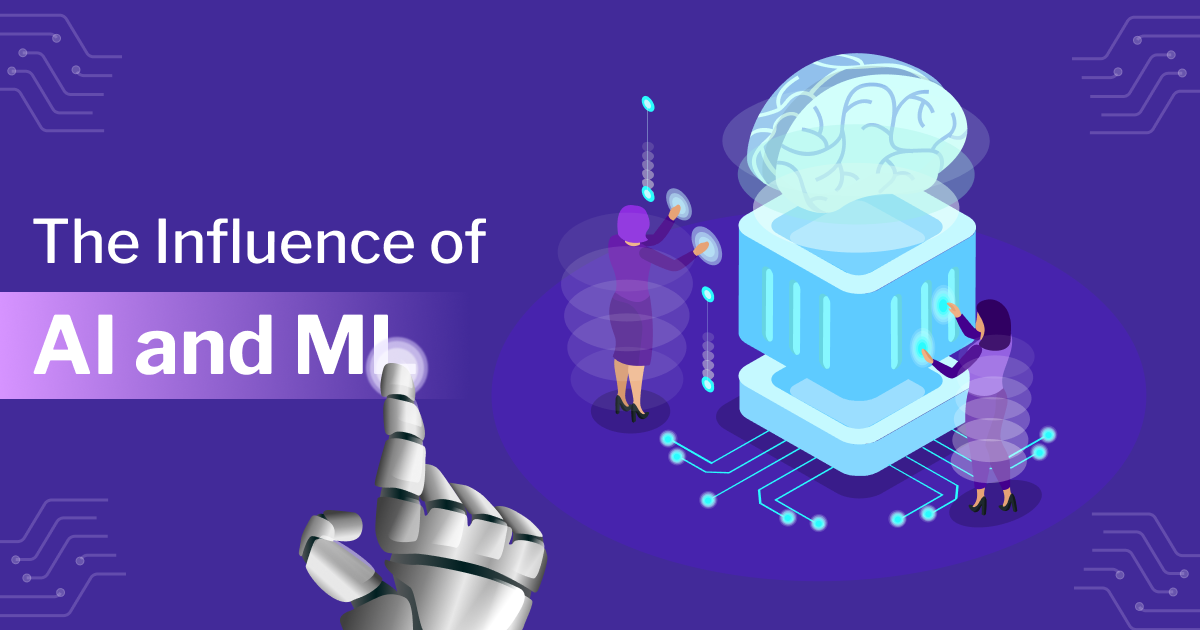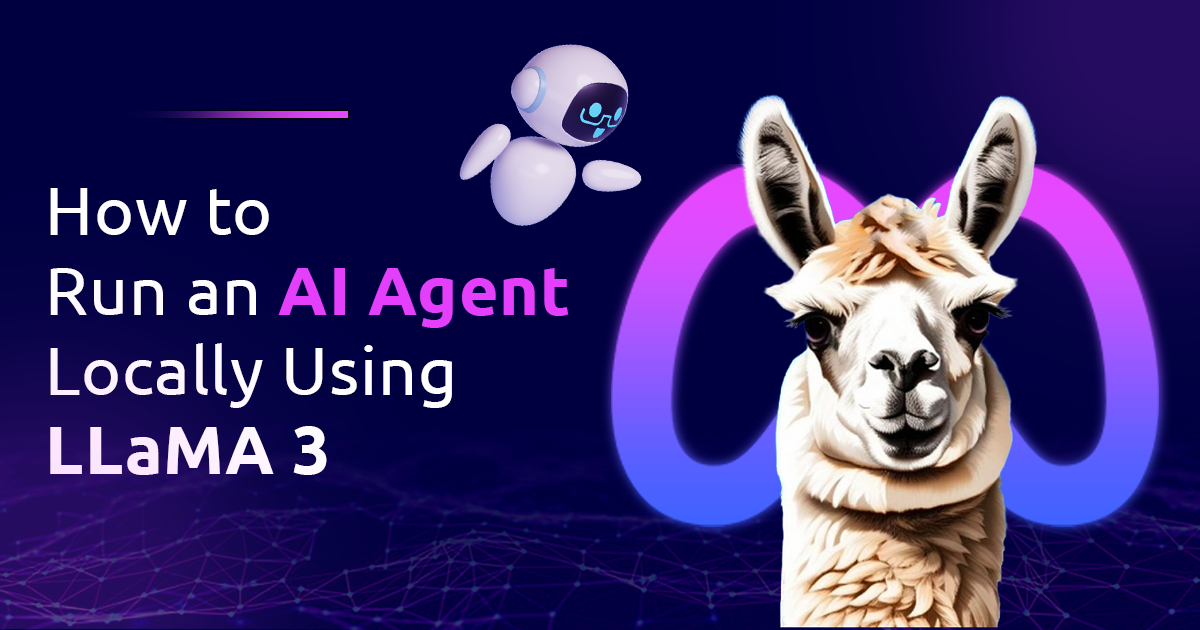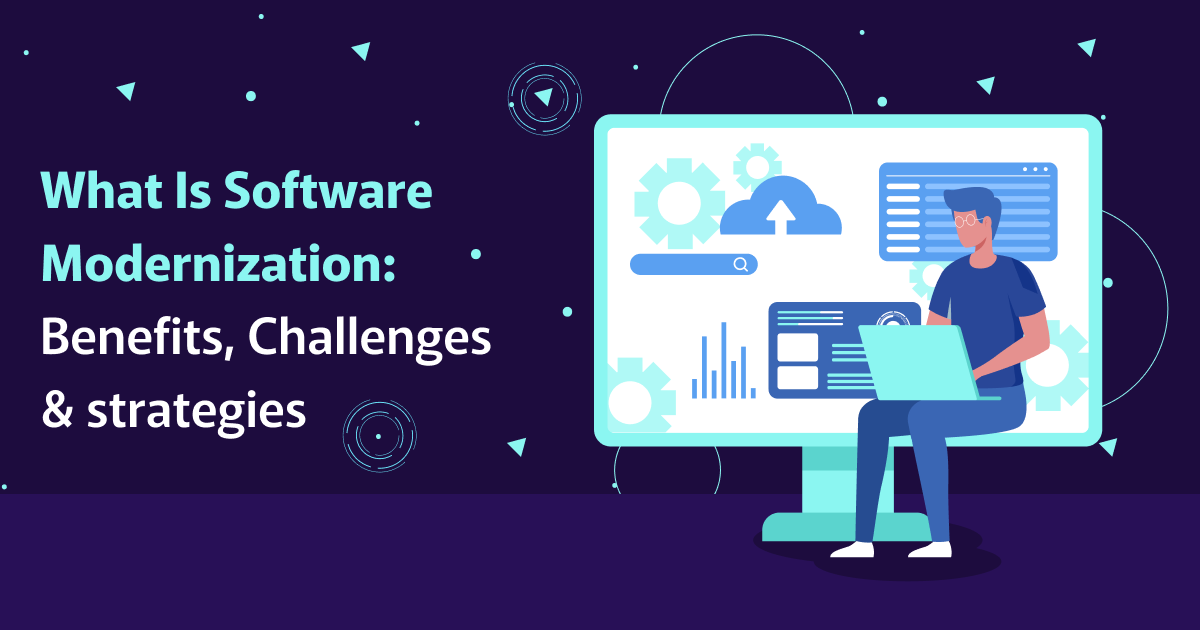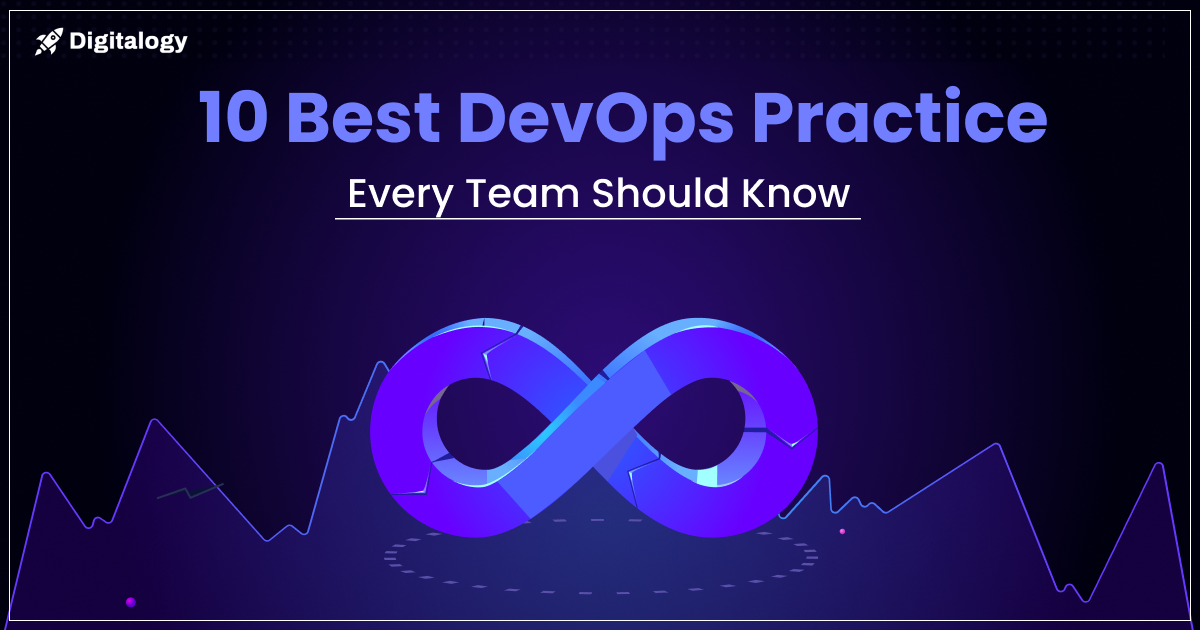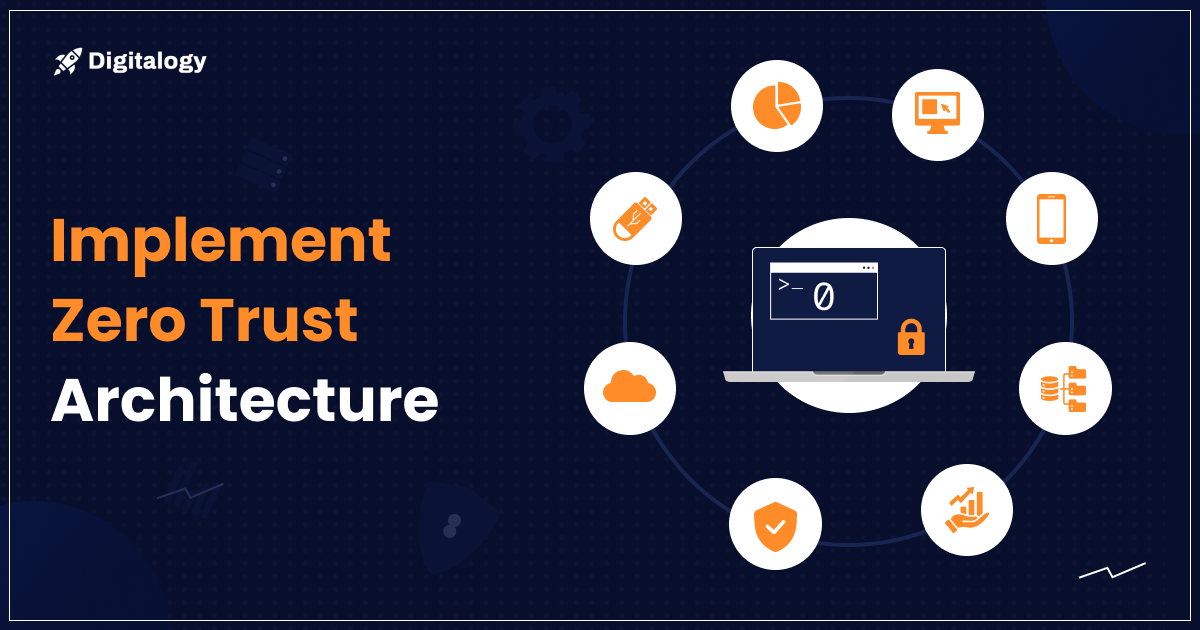The world is witnessing a technological revolution, where artificial intelligence (AI) and Machine Learning (ML) are transforming how we handle data. AI/ML algorithms’ capacity to analyze large volumes of data and extract valuable insights has become essential to decision-making. By leveraging these technologies, businesses can gain insights that were previously unimaginable, allowing them to be smarter, faster, and more accurate.
Therefore, this blog explores the profound influence of AI and ML solutions on data-driven decision-making – Highlighting key areas where these technologies are making an impact on decision-making for businesses.
The Shift Towards Data-Driven Decision Making
The concept of data-driven decision-making isn’t new. For many years, businesses have relied on data to help them shape their strategies and operations. But today we are facing completely new problems because of the huge amount of information produced and its complicatedness. Moreover, traditional methods of data analysis are often insufficient to process and extract meaningful insights from large datasets.
Now, this is where AI/ML solutions come into play, offering advanced capabilities like:
- Processing vast amounts of data
- Identifying patterns
- Making predictions with unprecedented accuracy
The Role of AI and ML in Data Analysis
AI/ML solutions are transforming the way data analytics is carried out nowadays. They are different from traditional algorithms, which should be specifically programmed to do as per requirements. Likewise, the process of learning—which they do—allows them continuously to adapt to new situations, an ability suited for a complex, ever-changing environment.
- Automating Data Processing
Probably the biggest advantage of AI/ML solutions is that they automate the entire data processing. Most industries receive huge information quantities beyond human analysts’ abilities to understand. However, the algorithms in AI/ML handle huge volumes of real-time data; Hence, they carry out tasks associated with cleaning, integrating, and transforming the data. Plus, this way, it speeds up the analysis while minimizing human error.
- Enhancing Predictive Analytics
Predictive analytics probably is the most important area where AI/ML are beginning to make much-needed differences. Likewise, these models do pitch a step from analyzing past trends toward the identification of patterns that would have never been that easy for a human analyst. The results can then allow businesses to anticipate changes in not just the market but also in customer behaviour among other critical factors. Other use cases include those that involve AI-powered predictive models for the financial sectors, which provide forecasts on stock prices, credit risk analysis, and fraud detection.
- Facilitating Prescriptive Analytics
While predictive analytics focuses on forecasting outcomes, prescriptive analytics goes a step further by recommending actions based on those predictions. Also, AI/ML are crucial in that aspect; the very technology from which actionable insight arises drives decision-makers toward the best solution. Additionally, this involves applying AI-driven prescriptive analytics to supply chains with recommendations on the optimum strategies leveraging inventory management, logistics, and demand forecasting.
Transforming Business Decision-Making
Now, AI and ML form part of decision-making processes that mark a complete turnaround of businesses across various industries. These technologies allow businesses to shift from reactive decision-making, wherein decisions are taken as a response to past events, – Rather leads toward proactive and even predictive decision-making.
- Improving Customer Experience
Indeed, in today’s competitive landscape, delivering a superior customer experience is paramount. And it is here that AI/ML solutions come into play by providing deeper insights into the customers’ preferences and behaviours. AI-enabled recommendation engines use data about customers to make suggestions on products or content. Now, this is one reason why tech giants like Amazon and Netflix have achieved such tremendous success with AI-powered recommendation systems.
Also, this personalized approach enriches not only the customer experience but also brings higher engagement and greater conversion rates.
- Optimizing Operations
The next most promising area where AI/ML solutions can affect change is operational efficiency. Now, this will analyze the data from sources for inefficiencies and suggest ways of improvement. For instance, AI-driven predictive maintenance systems in manufacturing use sensor data to predict and prevent equipment failures, avoiding unplanned breakdowns. Likewise, in the field of healthcare, AI-powered analytics can bring unprecedented efficiency to patient care, matching them with the most successful treatments in history.
- Enabling Data-Driven Innovation
Furthermore, AI and ML unlock innovation, facilitating businesses to exploit insights hidden in data for business benefits. Businesses can position themselves at the forefront of emerging trends, discover new market opportunities, and develop new types of products and services. For example, within the pharmaceutical industry, AI-powered drug discovery platforms accelerate the creation of new treatments, analyzing large sets of data to uncover promising compounds. Furthermore, this not only accelerates the process of research but also heightens the probability of finding successful treatments.
The Future of AI and ML in Decision-Making
Notably, AI and ML will play an increasingly important role in data-driven decision-making in the years ahead. As these technologies advance, they’ll offer even more powerful tools for analysis and decision-making. So, here are a few trends to keep an eye on:
- AI-Augmented Decision-Making
These, in turn, will surely combine in a more collaborative decision-making role for AI/ML solutions in the years to come: augmenting, not displacing, human judgment. For example, an AI system could provide a decision-maker with insight and recommendations, but the final decision would be left to humans.
- Democratization of AI
As AI/ML tools become more accessible and user-friendly, their adoption is likely to spread beyond large enterprises. In return, this democratization of AI will allow more and more people to make use of data-driven insights in their decision-making for ever more information. Hence, it will result in effective outcomes across a variety of industries.
- Enhanced Explainability
One of the most limiting features of AI/ML at present is the “black box” characteristic of some models – Where it’s impossible to understand how such decisions were derived. On the other hand, an increasing amount of emphasis is being placed on developing more interpretable and explainable models. Now, this will be vital in terms of creating trust in AI-driven decisions, particularly in regulated industries that seek transparency.
Bottom Line
In summary, AI/ML solutions are revolutionizing data-driven decision-making by allowing businesses to analyze large data sets, uncover patterns, and make accurate predictions. Moreover, the systems are changing the way business is done, improving customer experiences, and making innovation possible.
However, realizing the full potential of AI/ML requires addressing several challenges: poor data quality, ethical issues, and integration with existing systems. Also, AI and machine learning contributions will further increase in times to come. Consequently, it will shape the way for the future where each strategic decision would be based on data-driven insight. Undoubtedly, the journey to fully realizing the benefits of AI/ML solutions is ongoing. However, for those who navigate it successfully, the rewards are immense, offering the promise of smarter, efficient, and innovative businesses.

